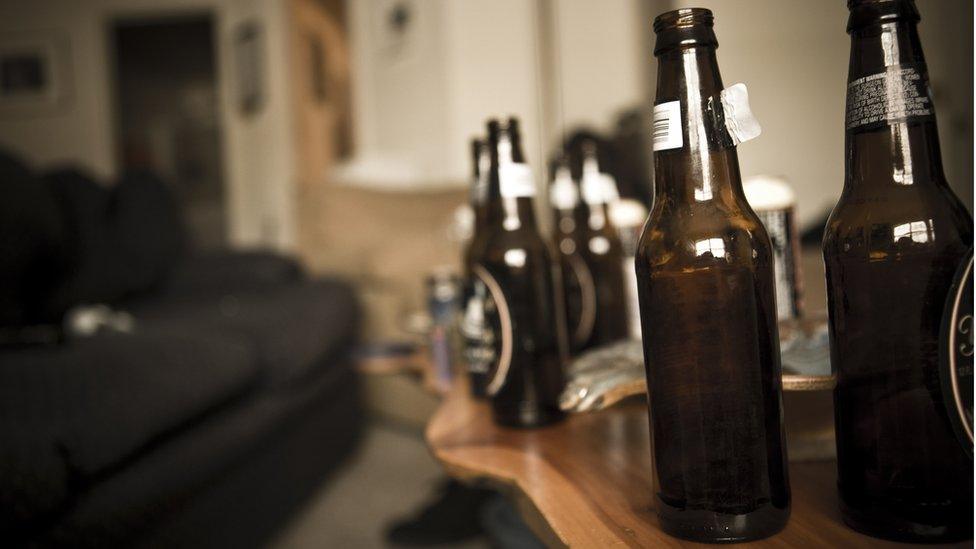Belfast: Fifteen drug-related deaths since June
- Published
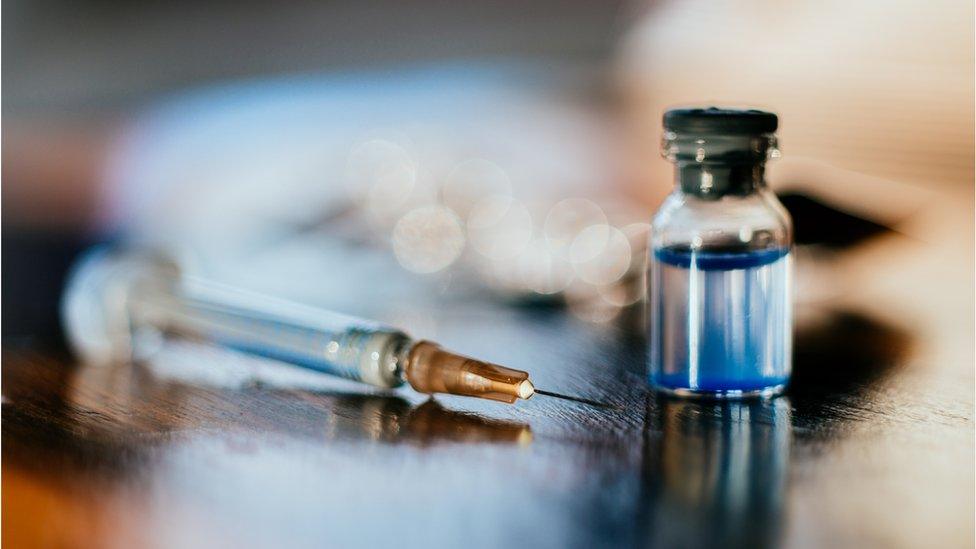
It is understood there have been 34 deaths in the greater Belfast area as a result of drug overdoses since the start of the year
Fifteen people have died in Belfast as a result of drugs overdoses since the start of June, figures show.
The news was revealed during an emergency meeting of Belfast City Council on Friday to address the issue.
It is understood there have been a total of 34 such deaths in the greater Belfast area since the start of 2022.
SDLP councillor Paul McCusker, who was at the meeting, said Belfast was "a city in crisis".
Not all of those who died of drug use were homeless, but some of them were known to homeless charities.
Mr McCusker, who has worked with homeless people on the streets of Belfast for more than 10 years, said he had never seen "such despair and devastation" with agencies close to calling a public emergency.
"So many people are dying in a short space of time... something needs to be done to step in and prevent more deaths but also protect our most vulnerable in the city," he said.
"I have been doing work on the streets for many years, we've an increased young population of people who are homeless on our streets, they are caught up with addiction, poor mental health."
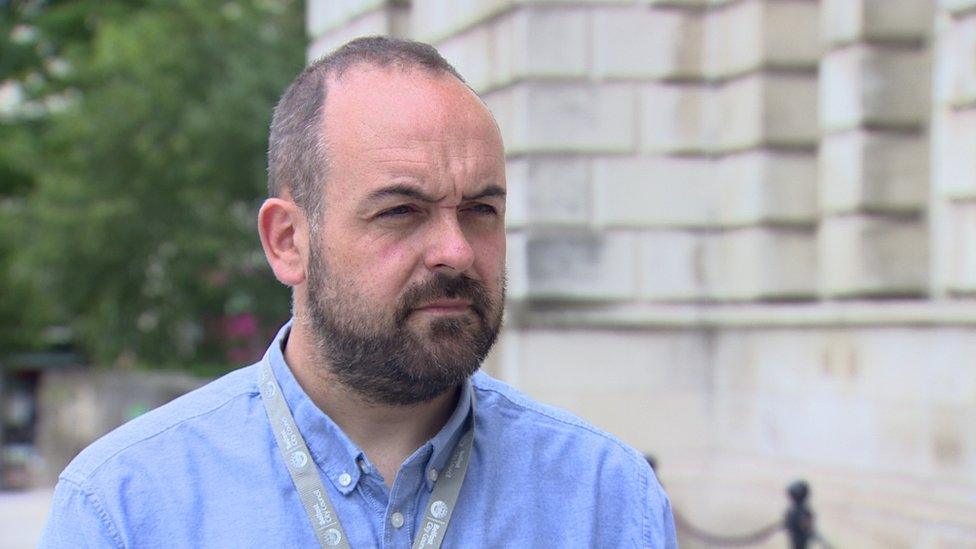
SDLP councillor Paul McCusker said that the meeting highlighted the need for better coordination between agencies to identify those most at risk
Mr McCusker said that evidence of Belfast's drug issues is "visible" to anyone who lives, works or visits the city.
"People also struggle to get into the right service, we quite often don't have the right service in place around allowing people to enter into recovery at that early stage of their addiction", he said.
He said that the meeting highlighted the need for better coordination between agencies to identify those most at risk.
Iain Cameron, from the charity Extern, said they believe an "overdose prevention facility" is needed in Belfast.
"We know that throughout Europe overdose prevention facilities have been very successful in managing overdose deaths," he said.
"With the increase in deaths here in recent times, the evidence is clear and we believe that is what's needed."
Mr Cameron added: "We would rather that people weren't injecting, but if they're going to inject it makes more sense to have them doing it where it's safe, where they can access sterile injecting equipment.
"But more importantly where there are trained staff, who are able to monitor, who are able to work with those people and if the worst happens, an overdose, they can reverse that overdose."
It is thought such a facility would also allow early intervention - help for new users.
In a statement, Belfast Lord Mayor Tina Black said the council would continue to support the ongoing work of Stormont departments and statutory agencies "to find solutions to address the complex issues associated with homelessness and addiction, and to end long-term homelessness in the city".
Related topics
- Published16 June 2022
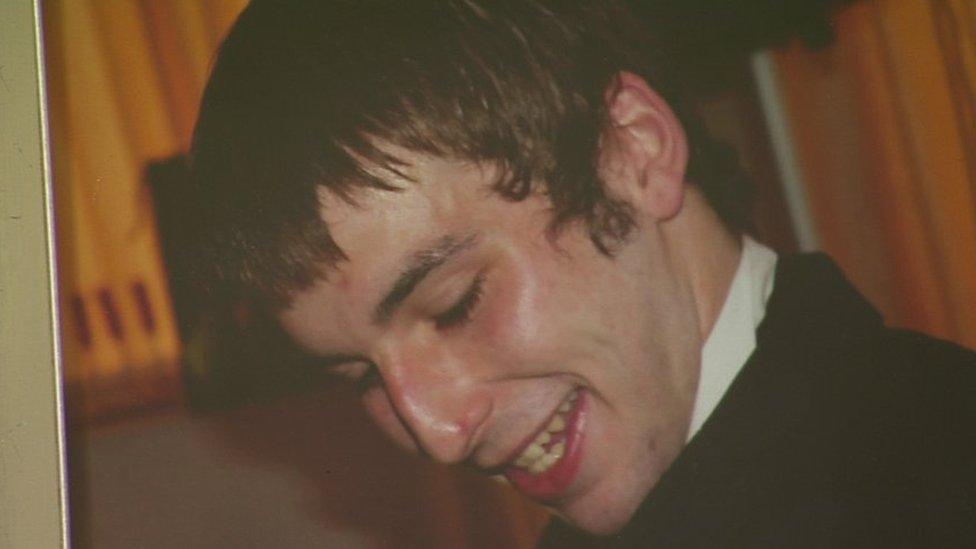
- Published1 March 2022
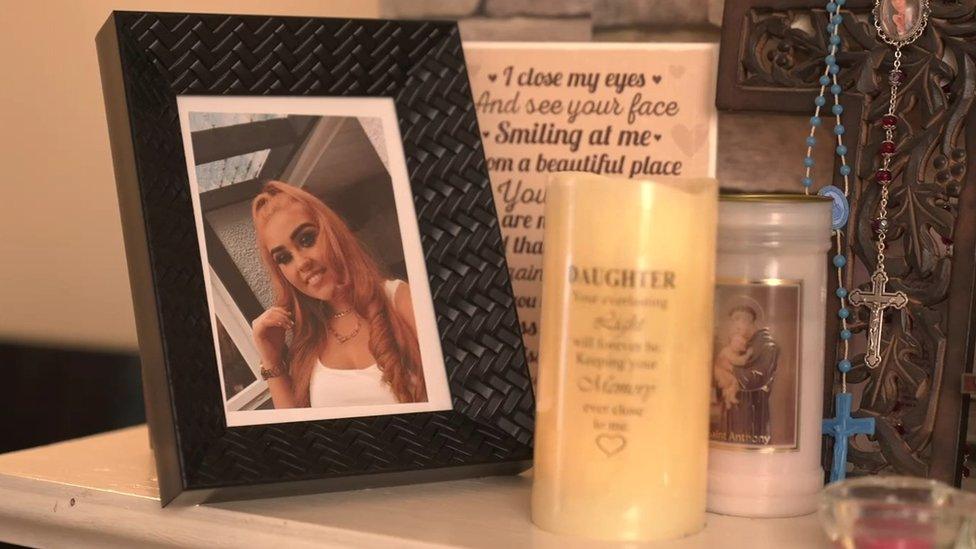
- Published27 January 2022
